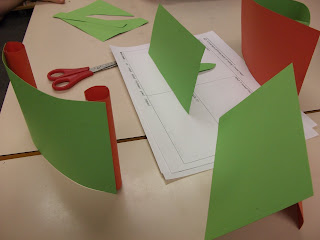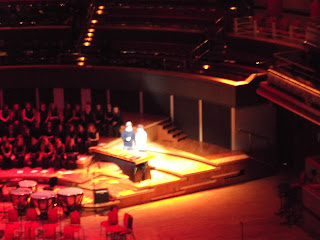
In the UK, Shrove Tuesday is also known as Pancake Day (or Pancake Tuesday to some people) because it is the one day of the year when almost everyone eats a pancake.
What is Pancake Day?
Pancake Day ( also known as Shrove Tuesday) is the last day before the period which Christians call Lent. It is traditional on this day to eat pancakes.
Why are Pancakes eaten on Shrove Tuesday?
Lent is a time of abstinence, of giving things up. So Shrove Tuesday is the last chance to indulge yourself, and to use up the foods that aren't allowed in Lent. Pancakes are eaten on this day because they contain fat, butter and eggs which were forbidden during Lent.
When is Shrove Tuesday (Pancake Day)?
Shrove Tuesday is celebrated the day before Ash Wednesday and is therefore the final day before the commencement of Lent, a Christian festival leading up to Easter Sunday (Easter Day).
Shrove Tuesday always falls 47 days before Easter Sunday.
Why do Christians call the day 'Shrove Tuesday'?
The name Shrove comes from the old word "shrive" which means to confess. On Shrove Tuesday, in the Middle Ages, people used to confess their sins so that they were forgiven before the season of Lent began.
What is Shrove Tuesday?
Shrove Tuesday is a day of celebration as well as penitence, because it's the last day before Lent. Throughout the United Kingdom, and in other countries too, people indulge themselves on foods that traditionally aren't allowed during Lent. Pancakes are eaten on this day because they contain fat, butter and eggs which were forbidden during Lent.












